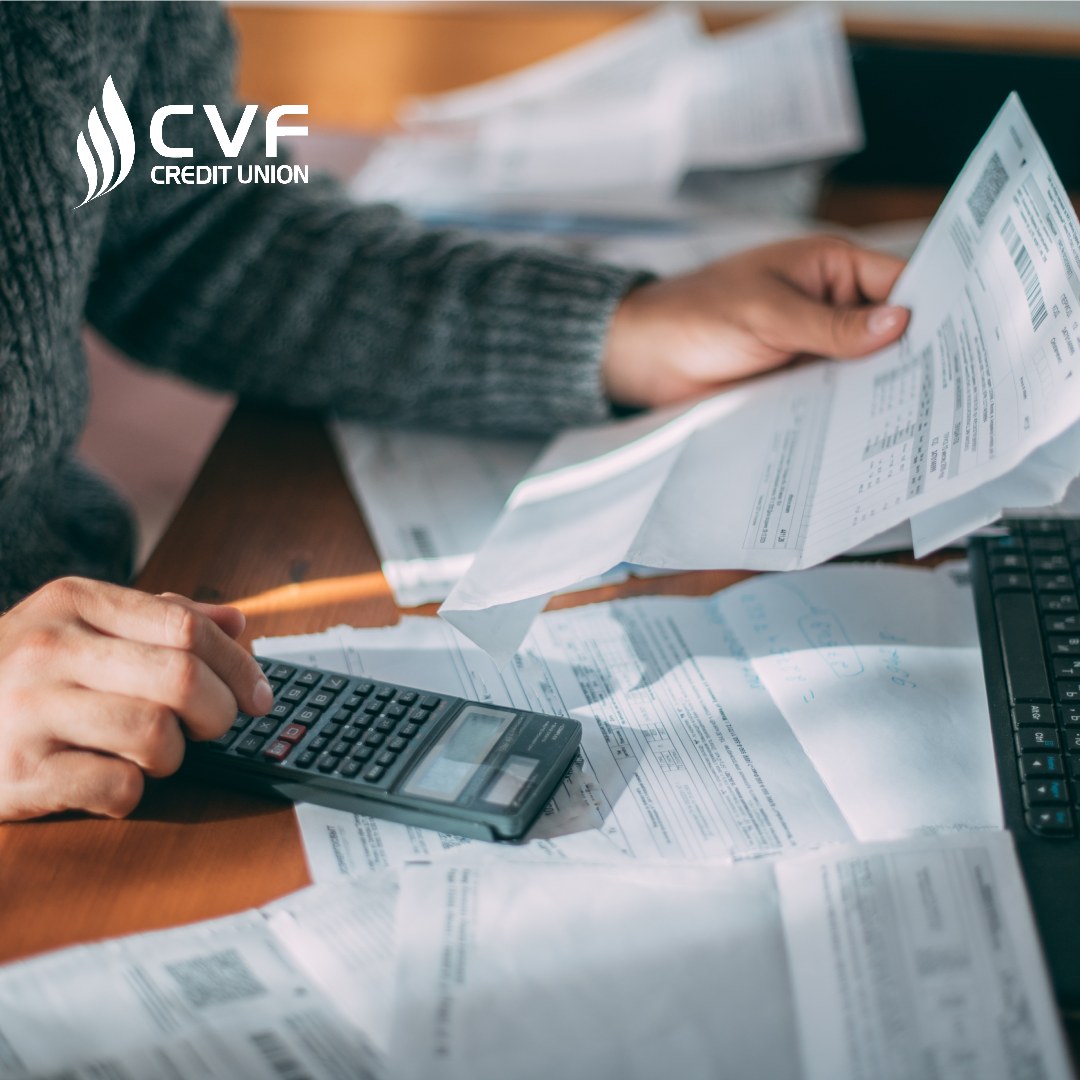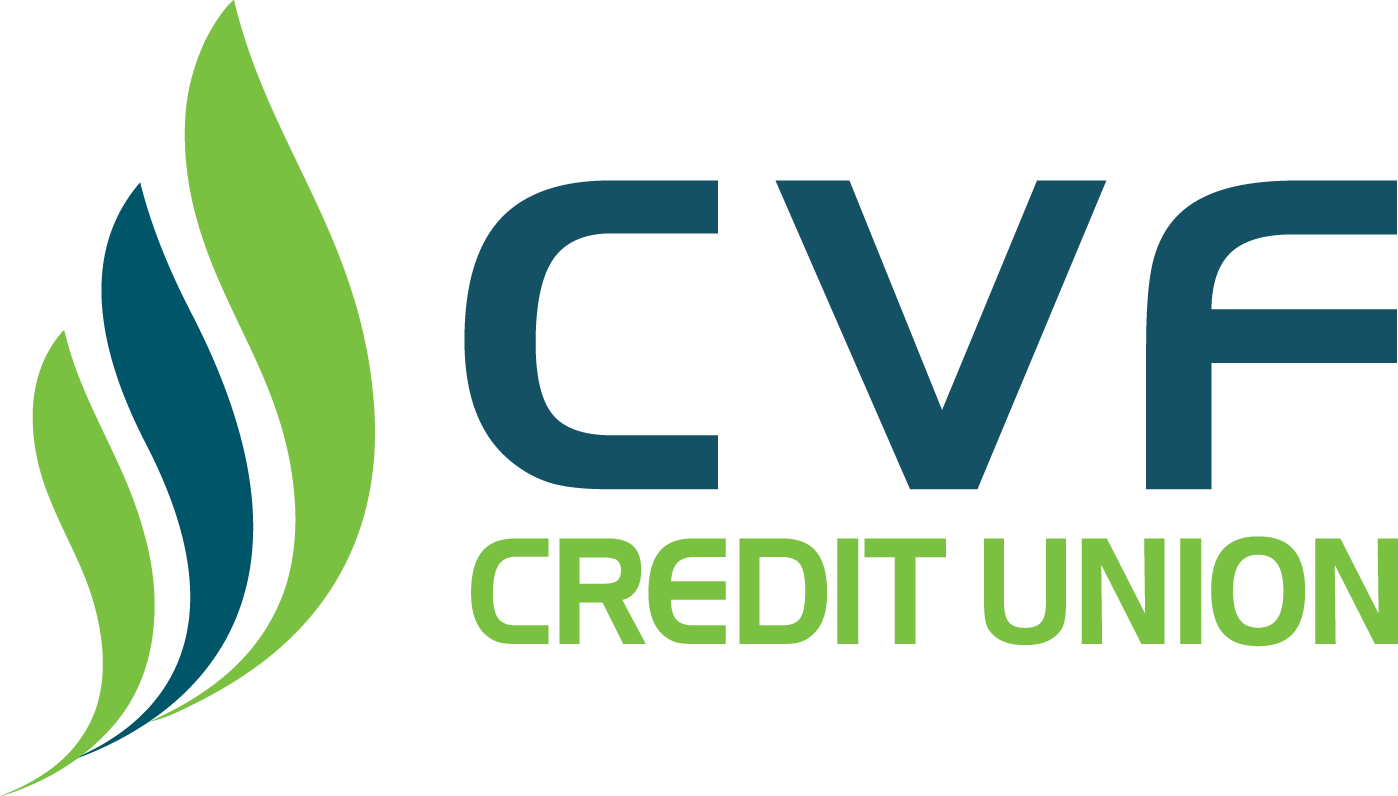
Learn How to Navigate the Complex World of Debt Settlement
Debt settlement – a beacon of hope for those trapped in debt’s relentless grip. It offers a chance to negotiate with creditors, potentially shedding the weight of financial burdens. But with this lifeline comes certain worrying questions.
- Is settling your debt a wise move?
- What pitfalls and potential rewards await?
Let’s delve into the world of debt settlement and its pros and cons to help you navigate these uncharted waters.
Is it Bad to Take a Settlement on Debt?
Debt settlement pros and cons is a complex financial strategy that, when done right, can provide a viable solution for those facing overwhelming debt.
However, it’s crucial to understand that there are potential downsides. One concern often raised is the impact on your credit score. While debt settlement can eliminate some of your debt, it can also result in a notation on your credit report, which can persist for up to seven years. This could make borrowing in the future more challenging. The decision to pursue debt settlement should be carefully weighed against alternatives like bankruptcy or debt consolidation.
Debt Settlement Pros and Cons
Six Debt Settlement Pros You Need to Know
- Faster Debt Repayment. Debt settlement is often quicker than other relief options, helping you pay off your debt in as little as two to four years.
- Avoid Bankruptcy. Debt settlement provides a bankruptcy alternative, impacting your finances less while allowing creditors to recover some money.
- Prevent Collections and Charge-Offs. Settling your debt prevents it from being sent to collections or charged off, offering relief from constant creditor calls.
- Lawsuit Avoidance. Debt settlement can help you avoid being sued for credit card debt, sparing you from lengthy legal battles.
- Not Suitable for Secured Debt. Remember that debt settlement typically applies to unsecured debts like credit cards, not secured debts like mortgages or car loans.
- No Guaranteed Agreement. Creditors may not agree to settle, or their offered terms might be unaffordable, but they often prefer settling over legal action.
Three Debt Settlement Cons You Need to Be Aware Of
However, there are also potential debt settlement pros and cons downsides:
- Credit Score Impact. As mentioned earlier, debt settlement can affect your credit score and make it more challenging to secure credit in the future.
- No Guaranteed Outcomes. There are no guarantees in debt settlement. Creditors may or may not agree to settle, leaving you with uncertainty.
- Fees and Costs. Debt settlement companies often charge fees for their services, which can add to your financial burden.
What are 3 Risks Associated with a Debt Settlement Program?
Debt settlement pros and cons can be a lifeline for those struggling with overwhelming debt, offering the promise of reduced financial burdens.
However, it’s essential to be aware of the potential risks that come with this approach. Let’s look at three significant risks associated with debt settlement programs:
Unsuccessful Settlements
One of the primary risks of debt settlement is the possibility of unsuccessful negotiations with creditors. While you may enter the program with the hope of settling your debts for a lower amount, creditors are not obligated to agree to such arrangements. Some creditors may refuse to settle, leaving you with an unresolved debt.
Late Payments
Debt settlement programs often involve a negotiation period during which you pay a settlement fund rather than your creditors. These funds offer lump-sum settlements to creditors once a negotiated agreement is reached. However, delaying payments to creditors can result in late or missed payments on your accounts. Late payments can hurt your credit score and may lead to additional fees and interest charges.
Tax Consequences
When a creditor agrees to settle your debt for less than the full amount you owe, the forgiven portion of the debt may be considered taxable income by the Internal Revenue Service (IRS). This means that you could be required to pay taxes on the amount forgiven through the debt settlement. These unexpected tax consequences can catch individuals off guard and result in financial obligations they had not initially considered.
Gaining Control and Reducing Debt
In the end, the decision to pursue a debt settlement program is a deeply personal one. It requires carefully evaluating your financial situation, goals, and the associated risks and benefits. If you choose this path, consult reputable professionals and carefully review your options, considering alternatives such as bankruptcy or debt consolidation. At CVF Credit Union, we understand the importance of making informed financial decisions. Whether it’s understanding debt settlement, comparing debt-relief options, or exploring financial services, we provide guidance and support. Our commitment to “people helping people” extends to helping you navigate your financial future. Visit our website to learn more about how we can improve your and your family’s lives.
Making informed choices can pave the way to a brighter, more secure financial future.



